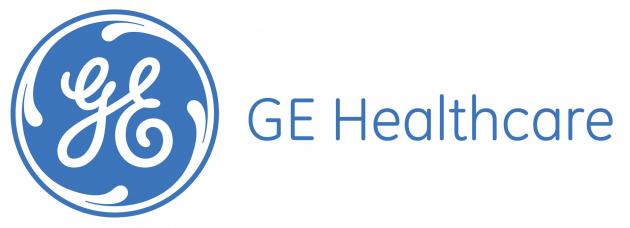
GE Healthcare said Tuesday that it plans to provide various support ranging from athlete management solution (AMS) to medical equipment during the 2018 PyeongChang Winter Olympics.
Designed in partnership with the International Olympic Committee (IOC), the AMS collects multiple kinds of data, including imaging scans, patient vitals, and venue, event and sport-specific information. It then provides real-time dashboards that can help inform medical staff and allow them to personalize treatment for athletes while identifying trends in injury and illness across the Olympics.
The tool is cloud-based, embedded with appropriate security controls, and enables remote entry of and access to data by clinicians regardless of location or time. The AMS also provides various languages -- English, French, Arabic, Russian, Chinese, Japanese, German, Spanish and Korean – allowing team doctors from different countries can work and collaborate with other physicians in their native language.
GE Healthcare plans to continue using the solution during the 2020 Tokyo Olympic Games.
“All AMS terms and data were edited and validated by native speakers to help ensure proper and accurate translation,” the company said in a statement. “Additional information such as medications approved for prescriptions is also integrated into the solution.”
All features aim to inform the IOC and clinicians so that they can rapidly and efficiently address injury and illness, with the goal of driving the best possible performance by athletes and the best possible experience for spectators, the statement added.
The company has trained officials from the U.S. Center for Disease Control, the Korean Center for Disease Control and Prevention, and the Public Health England Centre of Infectious Disease Surveillance and Control on AMS.
“Olympians train for many years to represent their nations at the Games,” said Jorg Debatin, vice president & CTO for GE Healthcare. “Their Herculean efforts must be matched with superhuman clinical speed and quality. AMS helps clinicians do just that – by making data and actionable insights readily available to the treating clinicians.”
The company also plans to provide medical equipment and workforce to operate the machine in the Olympics.
GE will provide two Optima XR 220amx, a digital mobile X-ray unit, four Logiq E R7, a diagnostic ultrasound machine, four Carescape B450, a patient monitor, and one set of Picture Archiving and Communication System (PACS) at the polyclinic in PyeongChang and Gangneung. The company also plans to install some of the equipment at medical stations in Bokwang and Jeongseon in Gangwon Province.
The company completed the installation of the devices in January and had sent engineers to operate the equipment since the opening of the polyclinic last Thursday.
Since 2005, GE has been providing advanced infrastructure and services vital to the execution of the Olympic Games.

